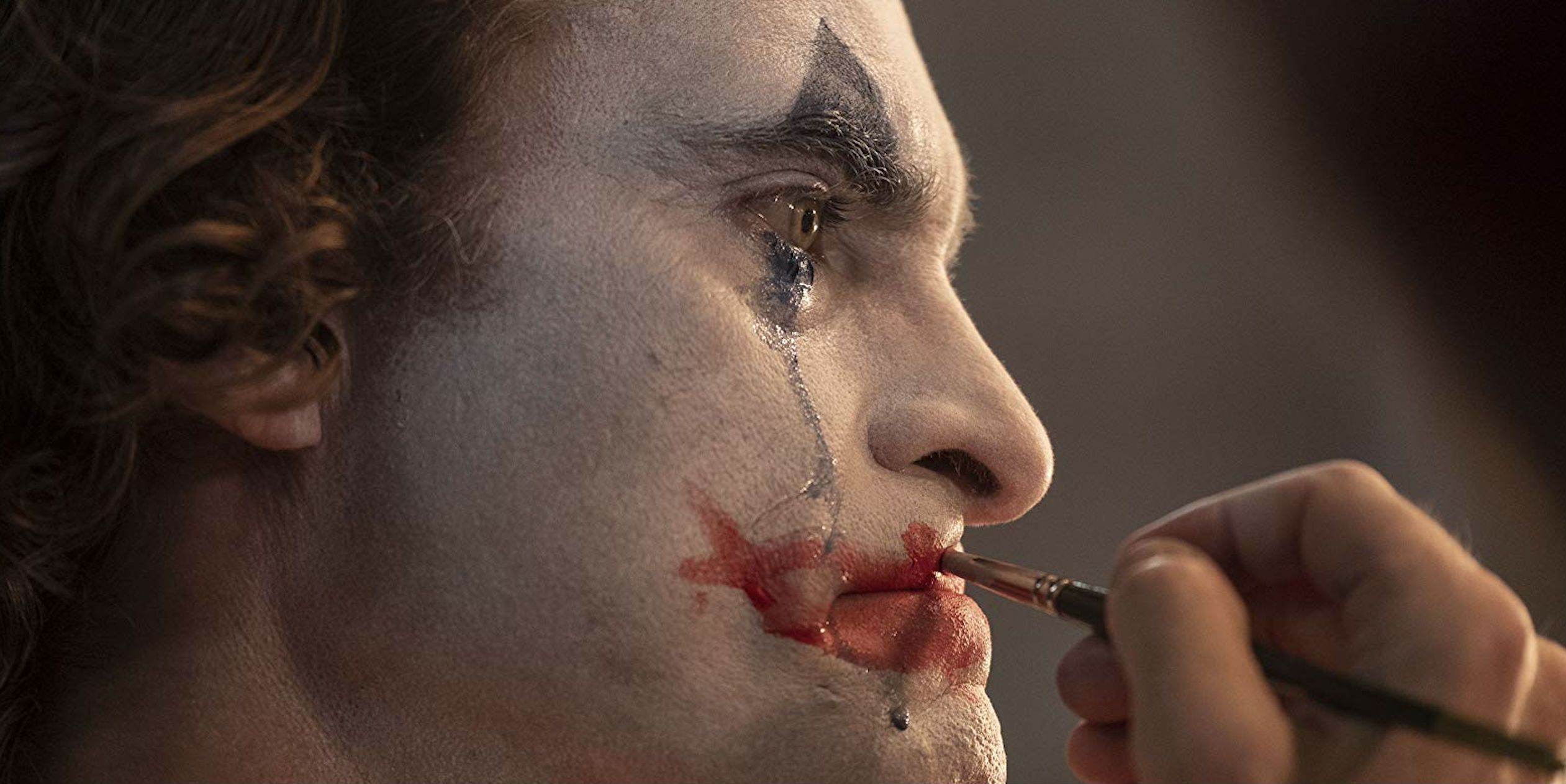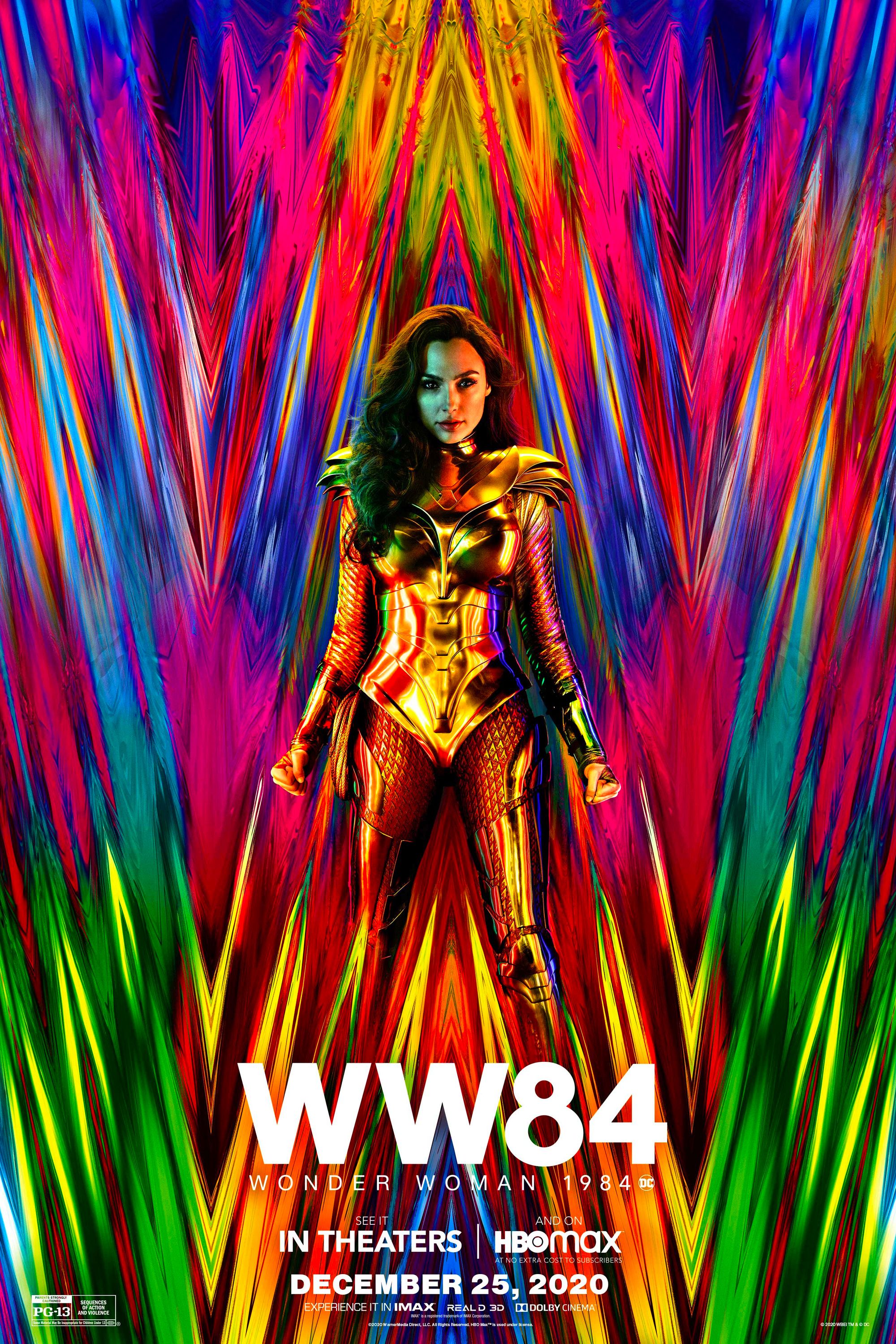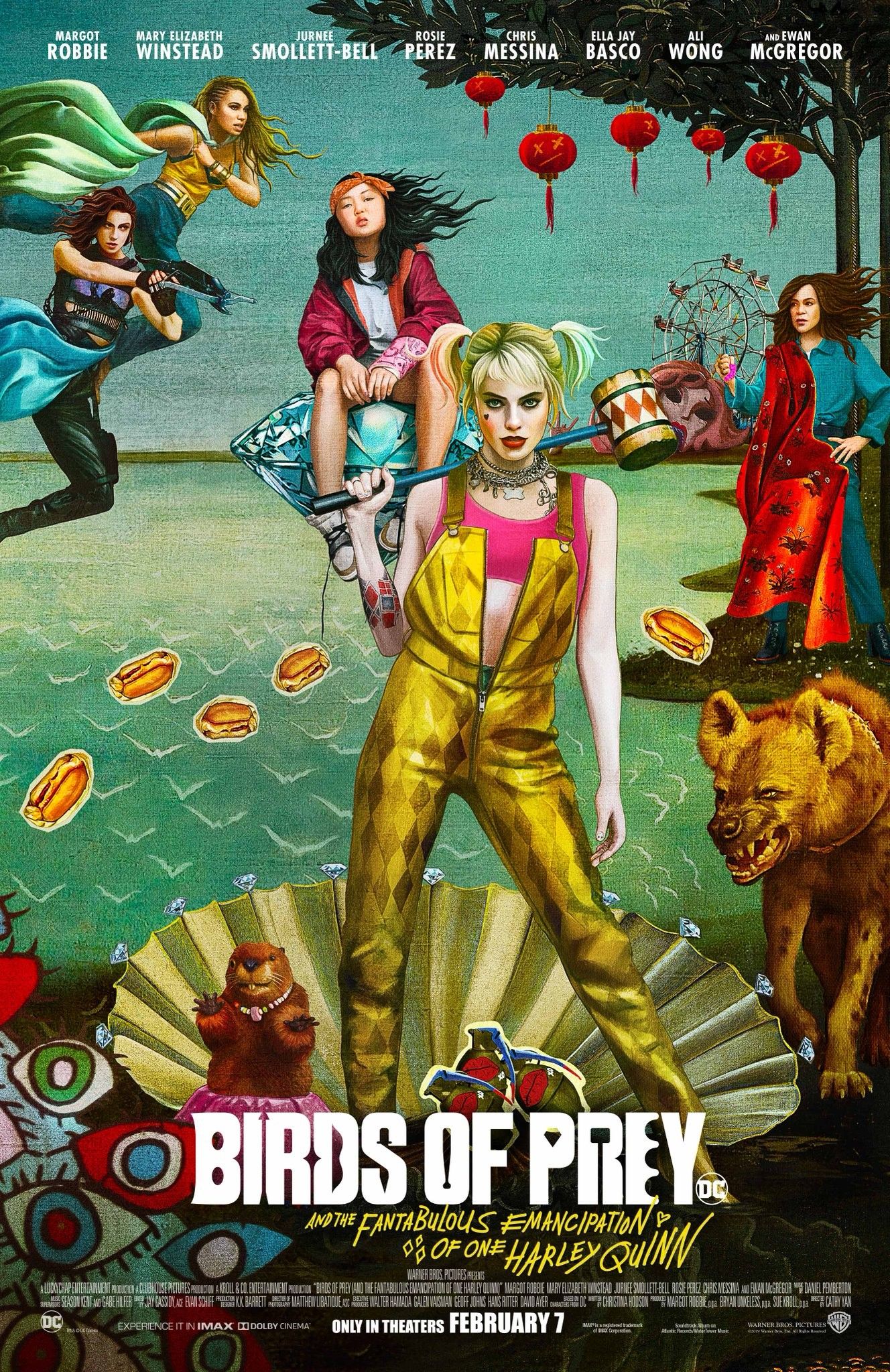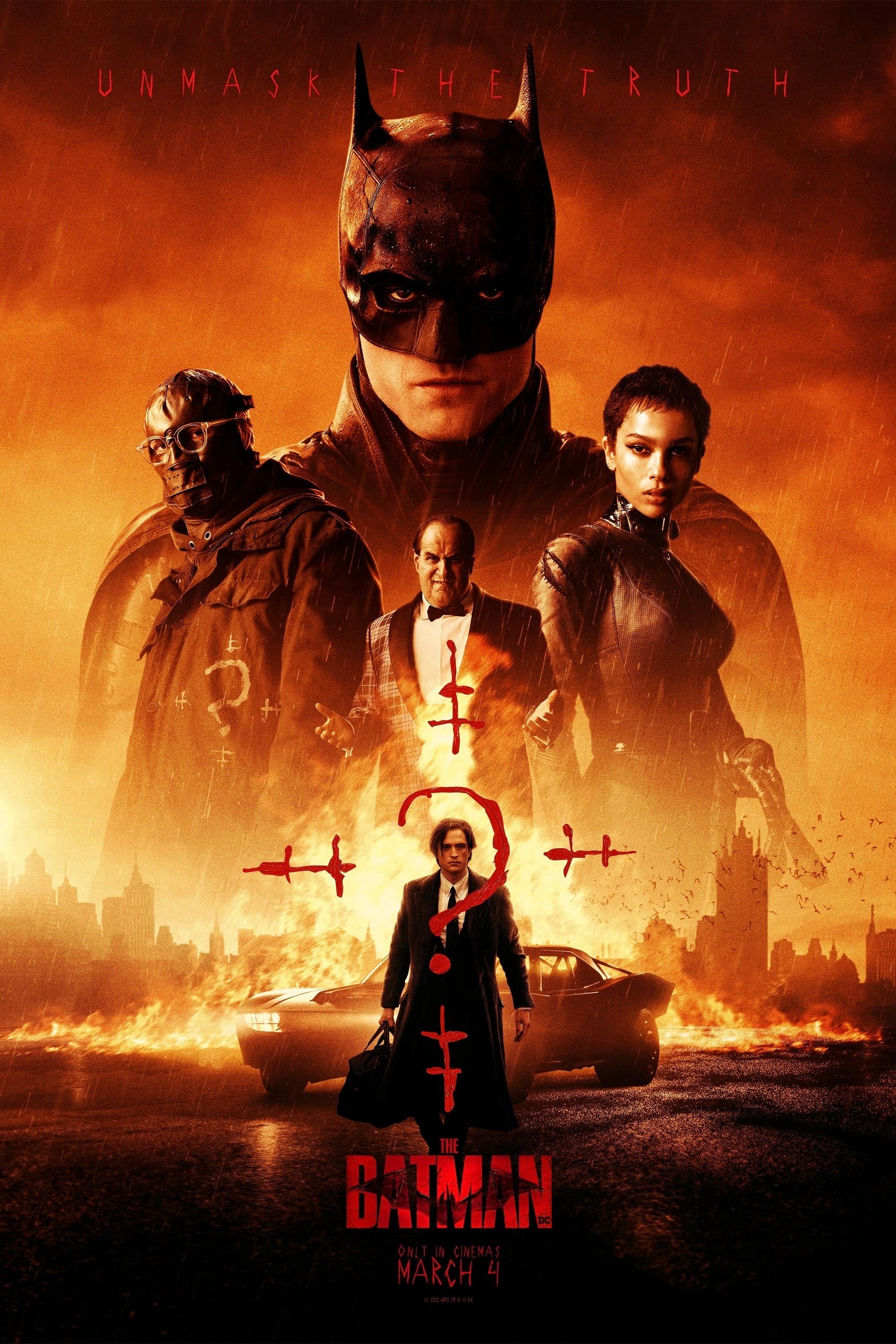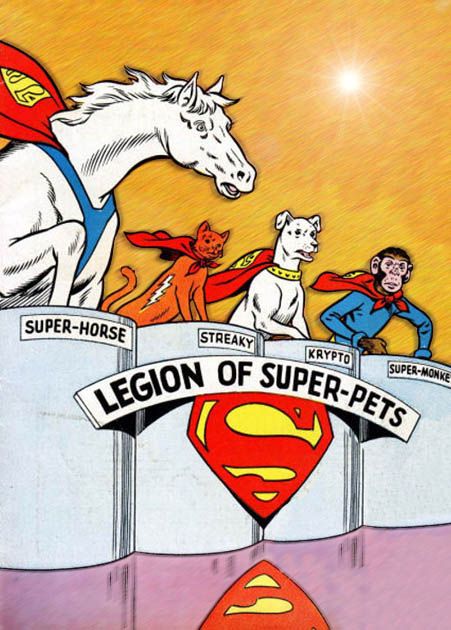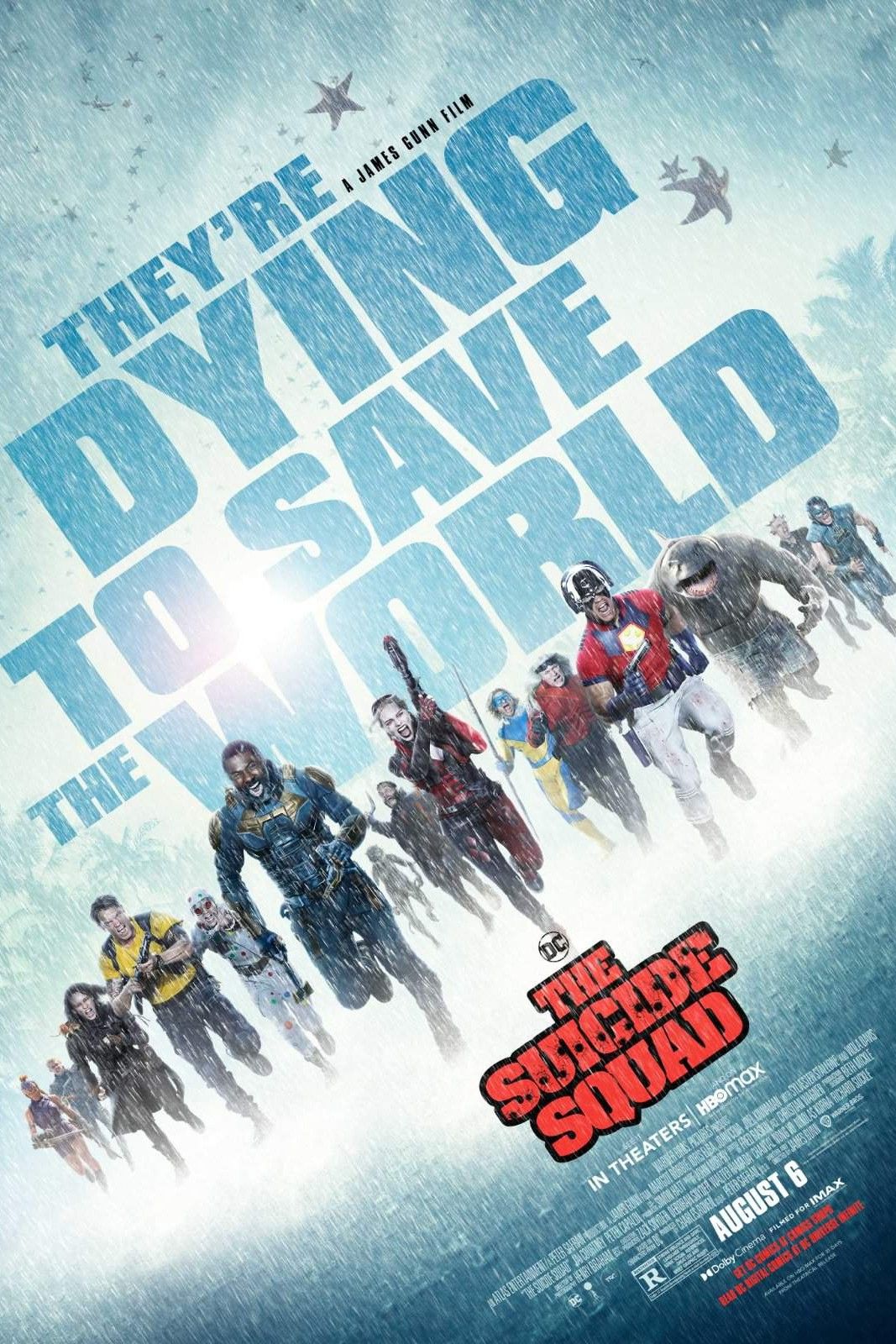Todd Phillips' Joker has inspired protesters worldwide to adopt the likeness of the iconic Batman villain. Despite a decidedly mixed response from both critics and audiences, the society-skewering character portrait continues to clean up at the box office. In the controversial film, Phillips rewinds Gotham's history, and examines Arthur Fleck's transformation into the Clown Prince of Crime. Joker recently lost its Certified Fresh status on Rotten Tomatoes, and has proved so singularly divisive that it's no surprise that Warner Bros. actively tried to dissuade Phillips from making the movie.
Part sociopolitical commentary, part character portrait, Joker fearlessly confronts a number of societal issues and ethical quandaries. Featuring a knockout performance by Joaquin Phoenix, the film attempts to tackle topics such as mental illness, the ever-widening rift between the rich and the poor, etc. Unfortunately (or fortunately, depending on your views), the film seems to have struck a nerve. Chinese theaters probably won't screen the film at all, and now that protesters have begun wearing Joker masks and paint, the situation seems to have escalated in ways no one could have predicted.
France24 reports that people in Lebanon (and many other cities) have begun painting themselves to match the Joker's iconic (and unsettling) look. A group of graffiti artists known as Ashekm has even painted a mural of a frowning clown gripping a Molotov cocktail. Other messages and pieces of art have been found in cities around the world, including Los Angeles (the Chilean city) and Hong Kong. Check out a few of the images that have been appearing on social media, below:
During an interview with France24, author and historian William Blanc explained why he thinks protesters have taken to the character, saying, "Todd Phillips' film about the Joker has a real evocative power. It echoes a form of protest against a political system that people believe is inflexible and not listening to the people." Growing notoriety aside, the phenomenon is relatively underground. Still, there's no doubt that Phillips' film has elicited a strong response. The film does contain quite a few questionable moments, but it says a lot about current culture and doesn't make any apologies for it. While it doesn't do these things perfectly, it does take a spirited crack at it. Will people in other cities eventually adopt this protest method? It's difficult to tell, especially given how rapidly the situation has changed and evolved in the past few weeks.
Whether or not Phillips meant for Joker to inspire people is irrelevant. It's already happened, and it looks like the character's influence will only grow from here. Traditionally, the Joker has been a nameless menace, a symbol of chaos and a bringer of wanton destruction. Giving him a name and a backstory built from sympathy was risky even for Alan Moore's award-winning Joker origin story The Killing Joke, but Phillips managed to outdo Moore in the controversy department. The Joker isn't supposed to inspire people, but so many have rallied behind Phoenix's take on the villain that his impact is worth examining. It's easy to see Fleck as a liberating force, but it's also easy to see him as a raging psychopath. He fits both descriptions, making the discussion that much deeper and more complex than anyone could've predicted.
Source: France24

